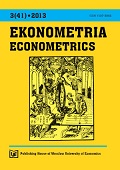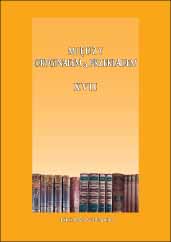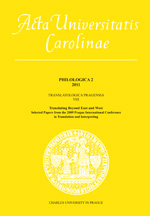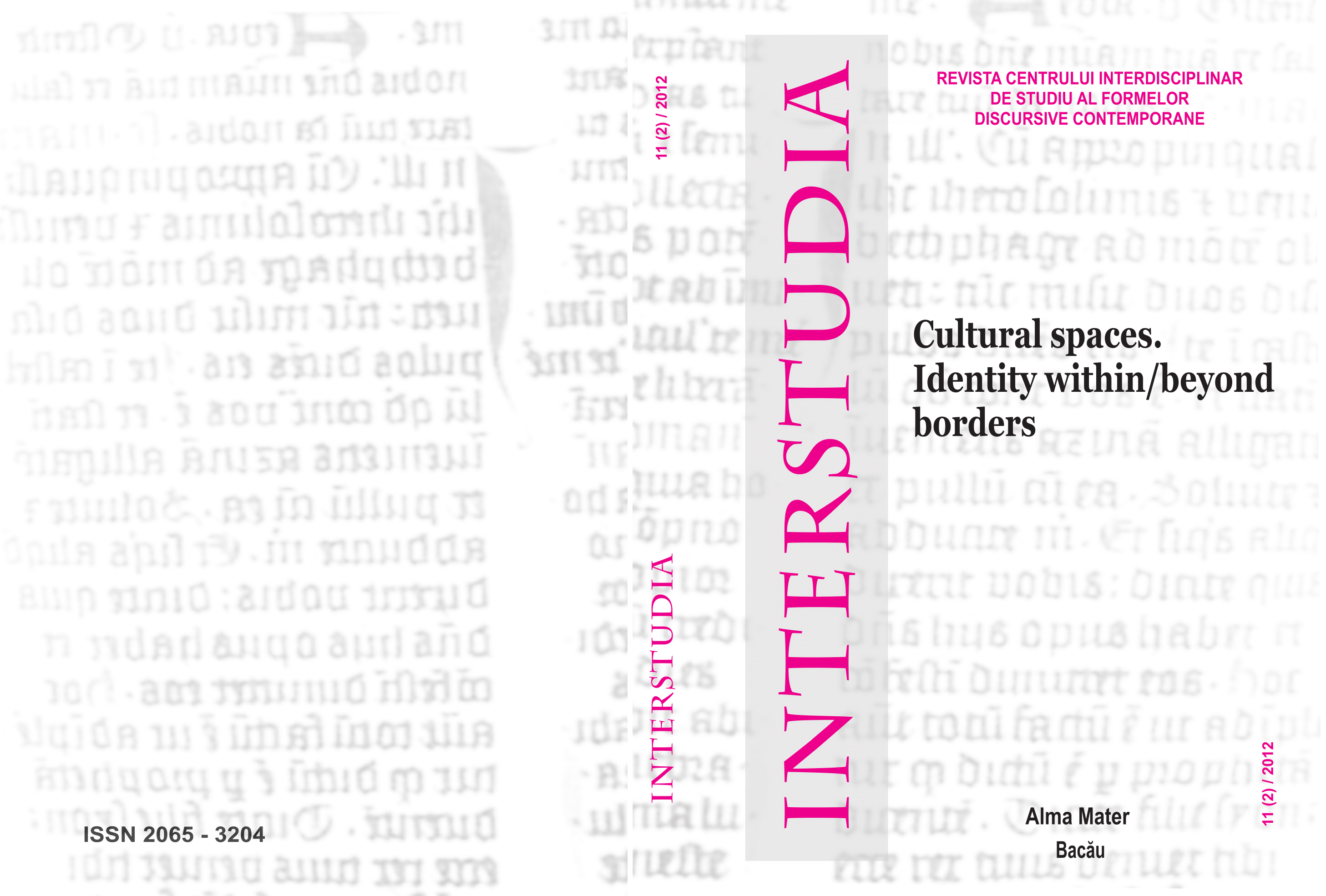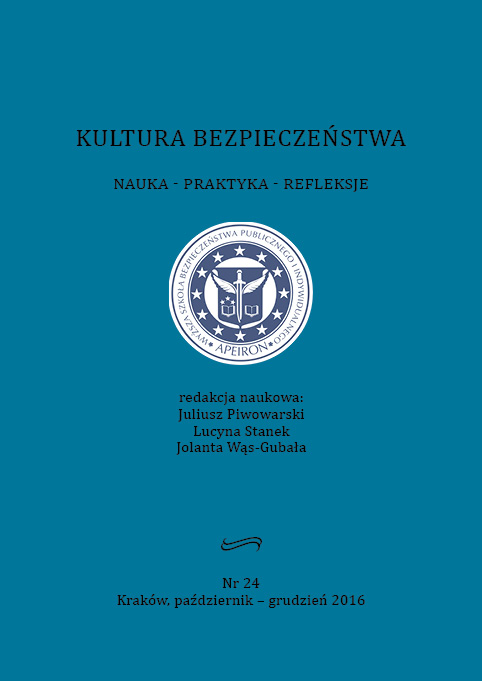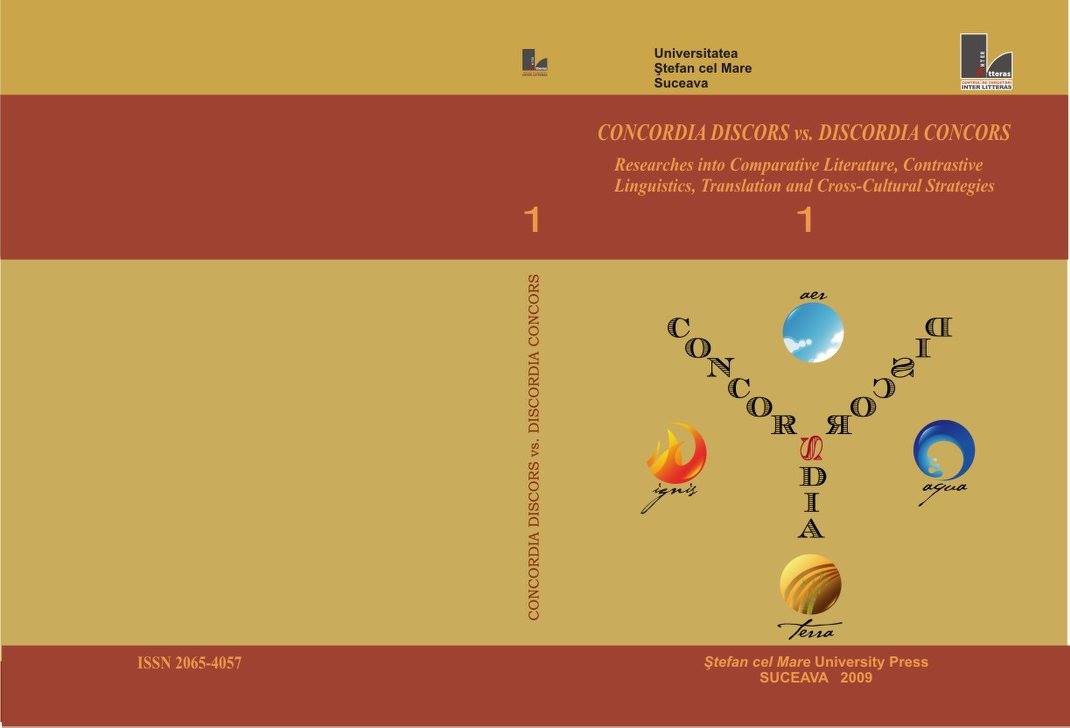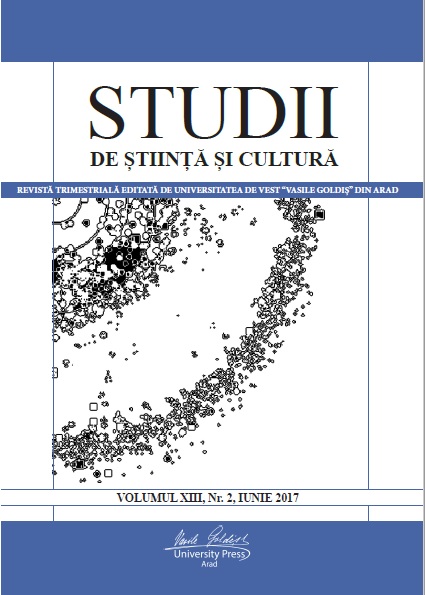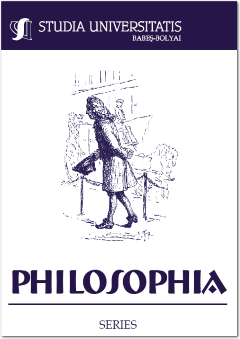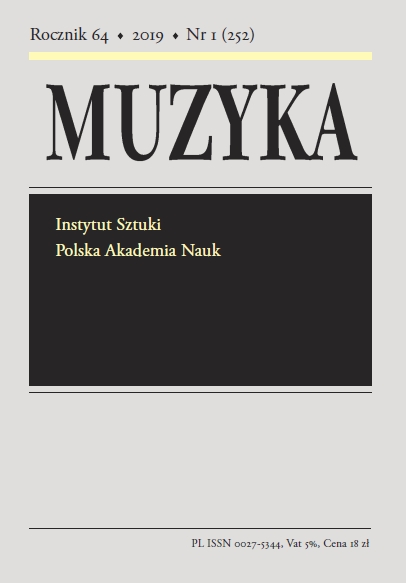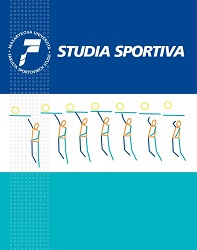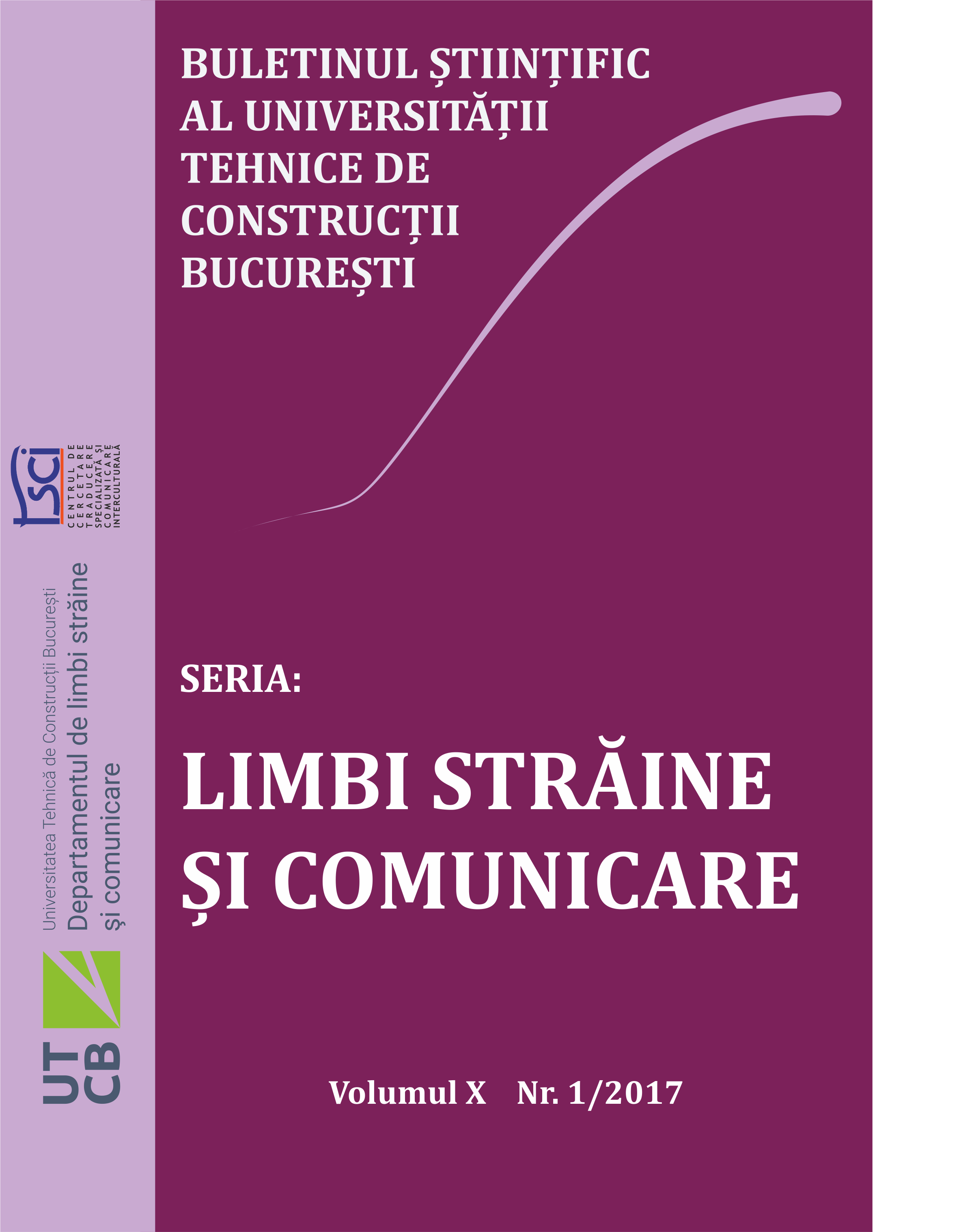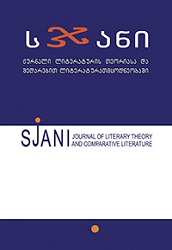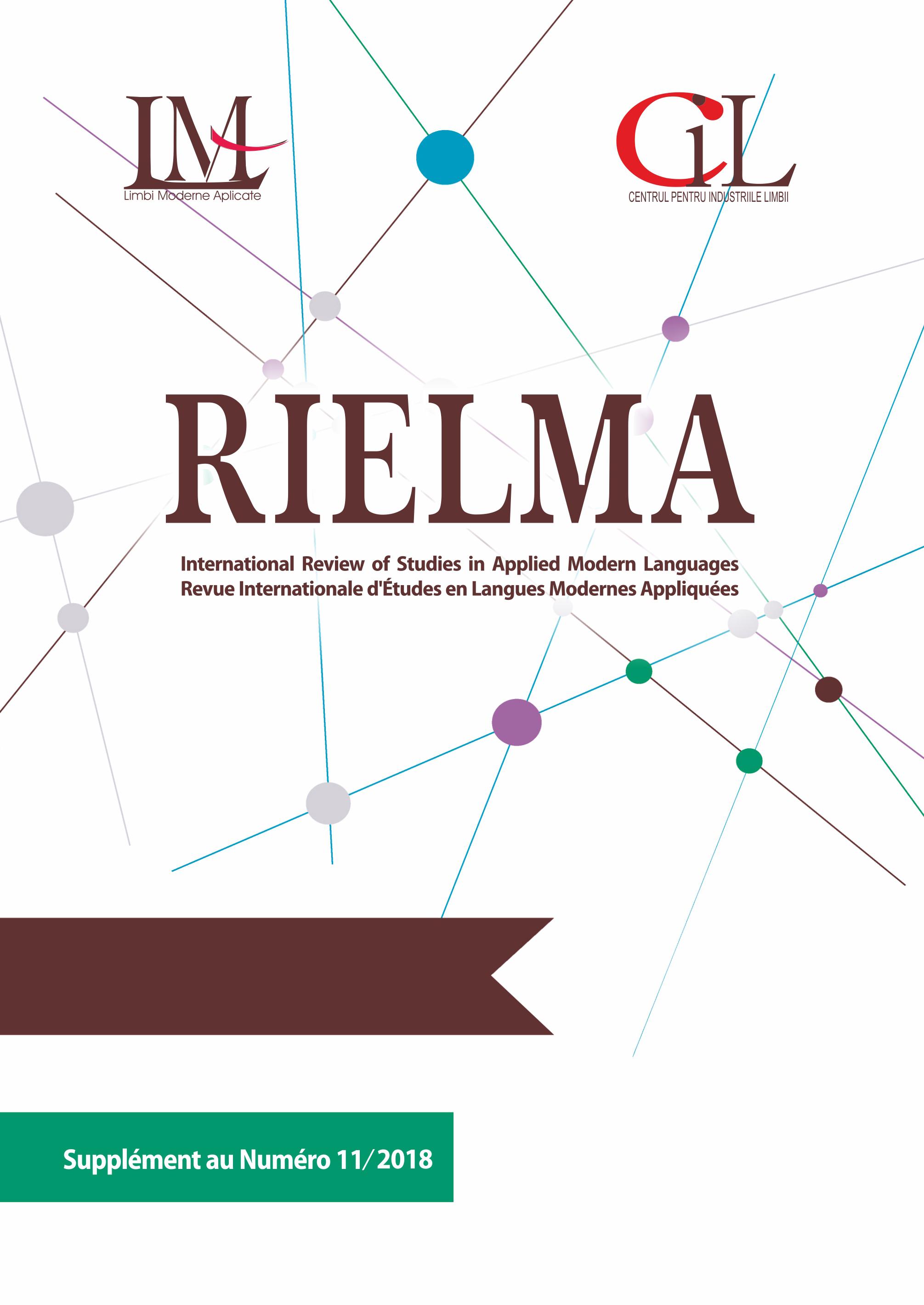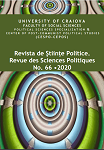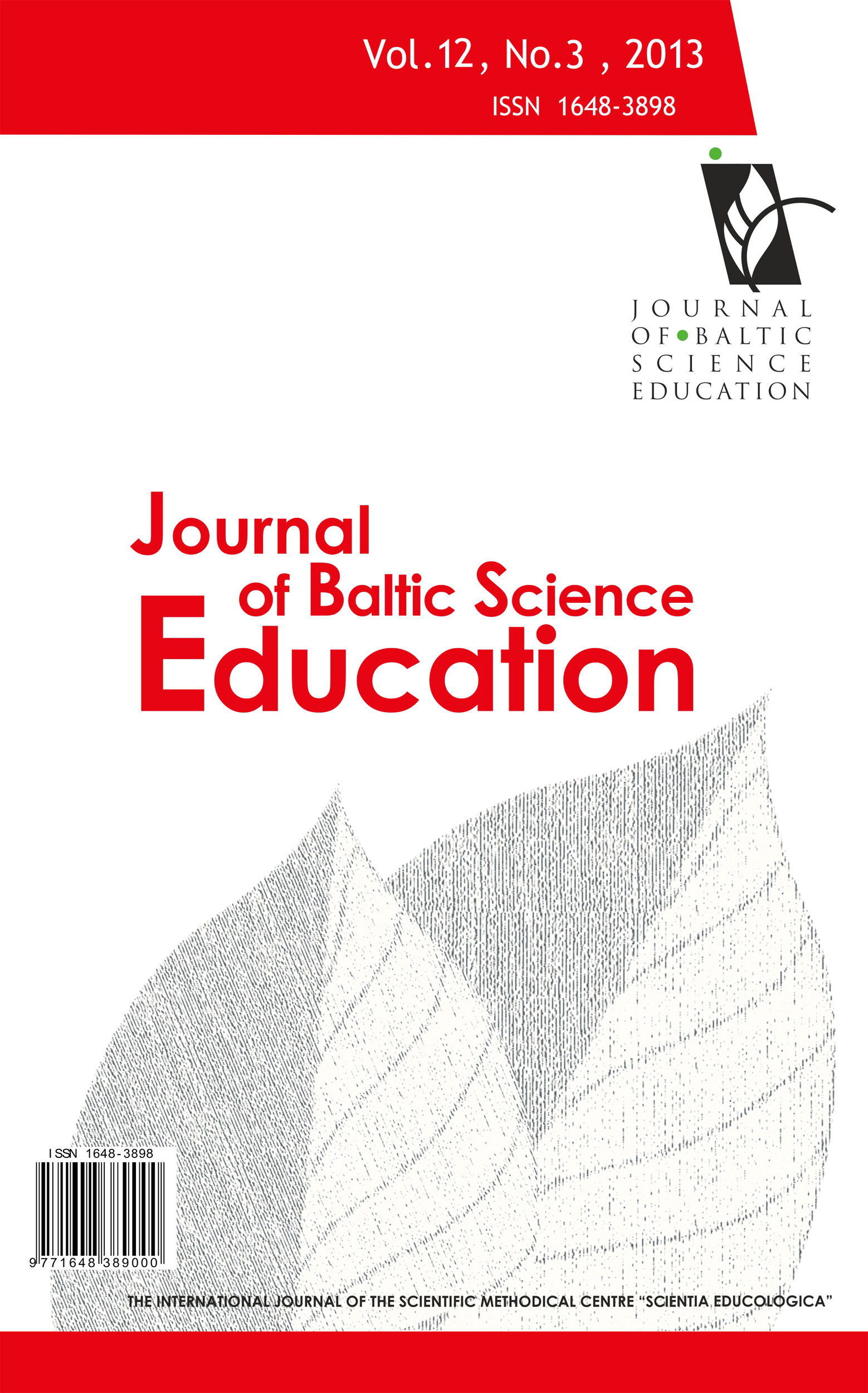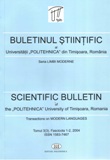
Semiotic Problems in Translating Advertisements
Semiotic Problems in Translating Advertisements
Keywords: phenomenologica and rethorical aspects; translation process; advertisments;
Articolul discută problemele de traducere în textele publicitare, care se datorează faptului că hibriditatea semiotică, şi anume, relaţia dintre imaginile culturale, semnalele vizuale şi elementele lingvistice, variază la diferite niveluri, în funcţie de ţară. Traducerea privită dintr-un punct de vedere static poate fi analizată ca rezultat al muncii traducătorului şi poate fi comparată cu originalul. Din punct de vedere dinamic—din perspectiva traducătorului—traducerea este o sarcină de îndeplinit, cu obiectivul de a prezenta un mesajul unui text într-un mod cât se poate de clar, astfel încât cititorii să îl poată interpreta şi să reacţioneze în modul dorit de autor(1). Articolul discută aspectele fenomenologice şi retorice ale procesului de traducere.
More...
